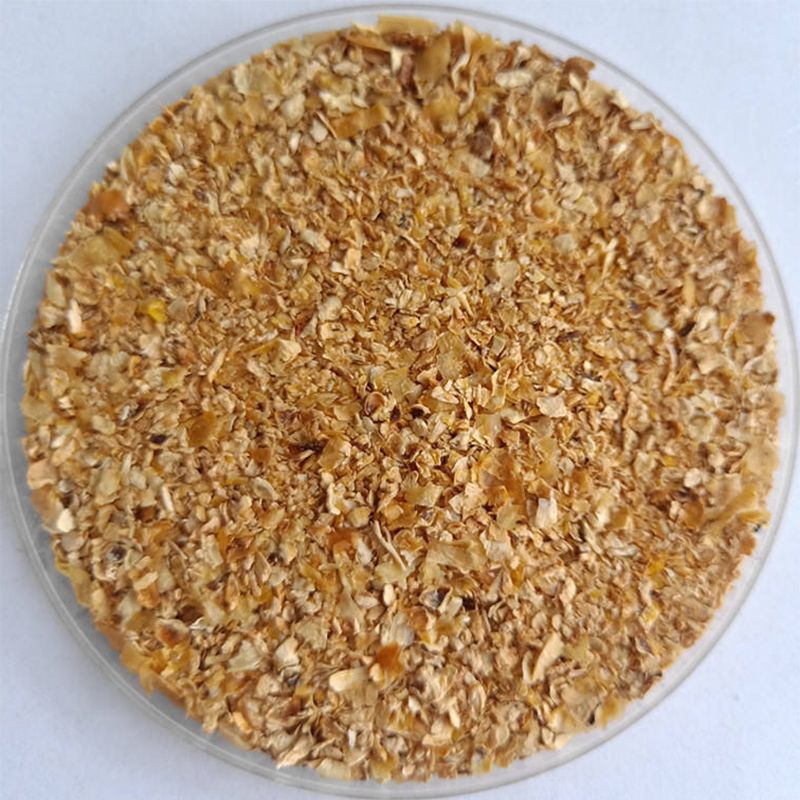Essential Ingredients: Examining Feed Additives for Livestock Health

Livestock producers have made great strides in making their animals healthier and more productive. One of the ways they do this is by adding feed additives to animal diets. The role of these additives is to supply specific nutrients and enhance specimens' growth, survivability.
A Lot Feed Additives are present in the market where each of them is designed for health support to animals so those they do not get infected by any disease. It comprises several additives such as probiotics, antioxidants, prebiotics and some enzymes along with trace minerals. In this blog post, we will go into more detail about the many benefits of these vital feed additives and how they help in enhancing animal health as well as performance.
What does this have to do with probiotics in animal feed?
ProBiotics are live bacteria in animal feed, which deliver gut health and well being. Probiotics are widely used in dairy animals that stimulate growth, improve food efficiency, increase immunocompetency and reduce diseases especially diarrhea, bloating.
Probiotics function through a process,which includes populating the gut,to overwhelm pathogenic bacteria and potentiate commensal growth. This bacterial balance benefits animal health in many ways, such as enhanced nutrient uptake and digestion while also promoting a healthy immune system.
Antioxidants and Animal Health and Performance
Antioxidants are substances which protect livestock from oxidative stress, leading to damage of body cells and tissues. Oxidative stressors Oxidants, are generally oxygen species and reactive nitrogen which include free radicals that can lead to tissue damage caused by factors such as illness, high altitudes or inadequate dietary intake[ 5,6 ]. The addition of antioxidants in the feed for animals can neutralize these negative effects.
In livestock production, antioxidants can strengthen the immune system and reduce inflammation as there is evidence for better fertility rates when offered to animals but also helps defend against diseases such pneumonia in cattle or even mastitis. Also antioxidants contribute to a better meat quality by reducing oxidative damage and increasing shelf-life.
Exploring Prebiotics: How They Affect the Gut of Livestock
Amino prebiotics: these are non-digestible fibers that can be added to animal feed with the objective of increasing favorable bacteria in their intestine. Prebiotics are not live bacteria like probiotics but food for the good-gut bugs that already reside in your gut!
The benefits of prebiotics in promoting gut health, immunity and reducing incidences of digestive disorders are well documented for livestock animals. In addition, they also help improve nutrient breakdown and assimilation from feed that promotes faster growth and better performance.
Understanding Role of Enzymes in Livestock Nutrition for better digestion
Enzymes are naturally occurring proteins that help in the conversion of large molecular constructs into components that can be readily absorbed by the body. Feed Additive Enzymes have been added to animal feed for improved digestion and increased nutrient volume.
Enzymes have been shown to improve feed efficiency, reduce gut inflammation and decrease the risk of GI disturbances such as bloat and colic. Additionally, they help avoid food wastage and save the livestock producers money.
The Importance Of Trace Minerals For Proper Growth And Development In Animals
Trace minerals are minerals necessary for proper body development in livestock, but they should only be consumed a small amount. They include assorted Corn Protein, minerals like zinc, iron, copper, manganese and selenium etc.
Trace minerals are necessary for many of the body functions; immune function, enzyme activity and bone growth. They also help in increasing food efficiency, decreasing mortality rates as well as reproductive performance of animalslivestocks.
Summary In summary, Corn Gluten Meal are the essential elements of animal nutrition which plays a predominant role in improving health and production performance of animals. The addition of key feed ingredients such as probiotics, antioxidants, prebiotics, enzymes and trace minerals can help boost the growth potential among livestock animals. The correct choice of feed additive will largely depend on the needs of livestock, but including these elemental ingredients as part of its diet is a time-tested way to ensure better health in animals.